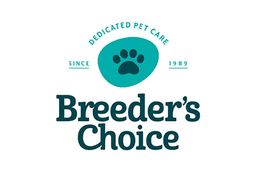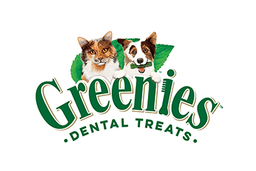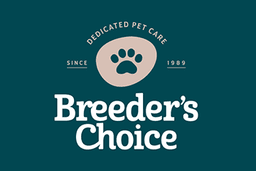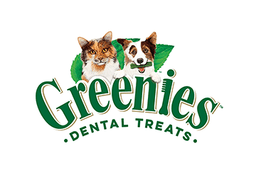German Spitz
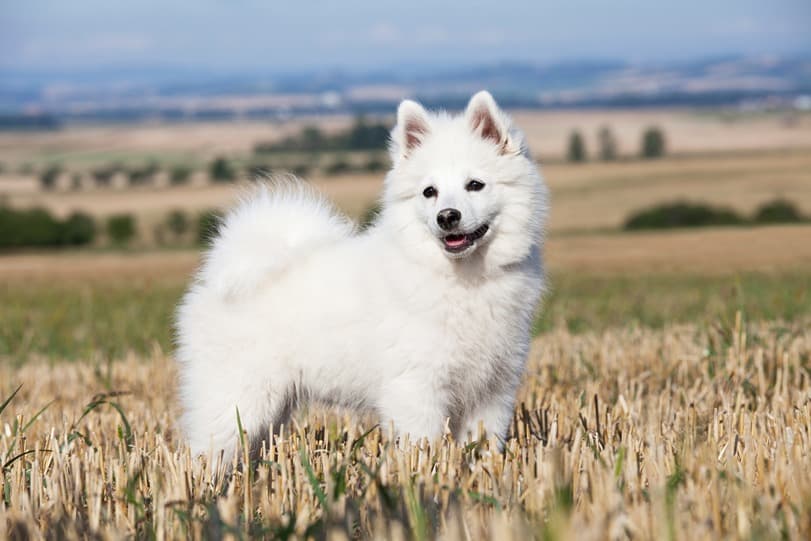
The German Spitz is a breed that combines loyalty with a lively and spirited personality. With deep roots in Germany, originally bred for both companionship and as alert watchdogs, this breed is known for its intelligence and fierce devotion to its family. Despite their small size, German Spitz dogs have a bold personality and a natural instinct to protect their home. The breed is divided into two main types: the German Spitz Klein (Small) and the German Spitz Mittel (Medium), each with its own unique characteristics but sharing the same charming personality.
German Spitz Dog Breed Facts & Characteristics
| Dog Breed Facts & Characteristics | Details |
|---|---|
| Origin | Germany, 1400s |
| Also known as | Deutscher Spitz, Medium Spitz, Miniature Spitz (Klein), Mittelspitz |
| Bred for | Companionship, watchdog duties |
| Size | Small to Medium |
| Weight range | 3 to 10 kg |
| Height range | Klein: 23 to 29 cm; Mittel: 30 to 38 cm |
| Colours | Black, white, cream, orange, brown, grey |
| Life expectancy | 13 to 15 years |
| Coat | Double coat: dense undercoat with a longer, harsher outer coat |
| Temperament | Alert, lively, devoted |
| Exercise requirements | Moderate |
| Best suited for | Families, singles, apartment dwellers |
| Apartment friendly | Yes |
Personality
The German Spitz is a confident and spirited breed, known for its lively temperament and strong-willed nature. These dogs are highly alert and make excellent watchdogs, often being wary of strangers. They are also affectionate and loyal to their families, forming strong bonds with their owners. However, their independent streak can make training a bit challenging, so early socialisation is crucial.
Klein vs. Mittel
German Spitz Klein
The German Spitz Klein, also known as the Miniature Spitz, is the smaller of the two types, standing at 23 to 29 cm tall. Despite their size, they are full of energy and confidence, making them excellent companions for those looking for a small yet lively dog. The Klein’s dense double coat requires regular grooming to keep it looking its best.
German Spitz Mittel
The German Spitz Mittel is slightly larger, ranging from 30 to 38 cm in height. Like the Klein, the Mittel is known for its alert and lively nature, but with a slightly more robust build. They share the same grooming needs as the Klein, requiring regular brushing to maintain their coat’s health and appearance.
Grooming
The German Spitz’s double coat needs regular care to stay in top condition and prevent matting or tangling. Brushing them at least three to four times a week is ideal, especially during shedding seasons when their coat sheds more heavily. Using a slicker brush or a pin brush can help reach the dense undercoat and remove loose fur effectively.
Regular grooming not only keeps their coat healthy and shiny but also minimises shedding around the home. Be sure to check their ears for any signs of debris or infection, and keep their nails trimmed to a comfortable length. A monthly bath using a dog-friendly shampoo can help keep their coat clean and fresh, but avoid over-bathing, as it can dry out their skin.
Feeding
Feeding a German Spitz requires careful attention to their specific dietary needs, which vary by age, size, and activity level. It’s essential to choose high-quality dog food tailored to small breeds, providing a balanced mix of nutrients to support their energetic nature. A diet rich in protein is beneficial for maintaining their muscle mass and overall health. Feeding them measured portions twice a day helps prevent overfeeding, and it's crucial to ensure they always have access to fresh, clean water.
Monitoring their weight and adjusting portion sizes as needed can help prevent obesity, which is a common concern in small breeds. Puppies may need more frequent meals initially, transitioning to two meals a day as they grow. By keeping an eye on their diet and feeding habits, you can help your German Spitz stay healthy and active throughout their life.
Common Health Concerns
German Spitz dogs are generally healthy, but like many breeds, they can be prone to certain health issues. Dental problems are common, so regular brushing and dental chews are essential to prevent gum disease and tooth loss. Without proper dental care, these issues can lead to more serious health problems over time.
They may also be susceptible to joint issues like hip dysplasia and patellar luxation, which can affect their mobility. Keeping them at a healthy weight and providing appropriate exercise can help reduce the risk of these conditions. Additionally, some German Spitz dogs may experience eye issues such as progressive retinal atrophy (PRA) and retinal dysplasia (RD), so regular vet check-ups are important to monitor their overall health and catch any issues early.
Did You Know?
In medieval times, the colouring of the German Spitz played a crucial role in their work as herding and guard dogs. Large white German Spitz were commonly used to protect and herd sheep, with their white coats making them easily distinguishable from wolves in the dark. Meanwhile, black German Spitz were often found in German wine regions, where they guarded vineyards at night and yards during the day, blending in with the shadows to better protect the land.
German Spitz FAQs
How much do German Spitz dogs cost in Australia?
The cost of a German Spitz in Australia can range from AUD $2,000 to $5,000, depending on factors such as breeder reputation, lineage, and whether the dog is of show quality.
Are German Spitz dogs hypoallergenic?
No, German Spitz dogs are not hypoallergenic. They have a double coat that sheds moderately year-round and heavily during shedding seasons.
Are German Spitz dogs good for apartment living?
Yes, German Spitz dogs are highly adaptable and can thrive in apartments as long as they receive enough attention and exercise.
Are German Spitz dogs good with other pets?
Yes, German Spitz dogs generally get along well with other pets, including cats and other dogs, especially if they are socialised from a young age.
How much exercise do German Spitz dogs need?
German Spitz dogs have moderate energy levels and require daily exercise, such as a walk and playtime, to stay happy and healthy.
Do German Spitz dogs bark a lot?
Yes, German Spitz dogs are known to be vocal, often barking to alert their owners of anything unusual. Early socialisation and training can help manage excessive barking.
How do I groom a German Spitz?
Regular brushing several times a week is essential to maintain the health of their double coat and to minimise shedding. During shedding seasons, more frequent brushing may be required.


















